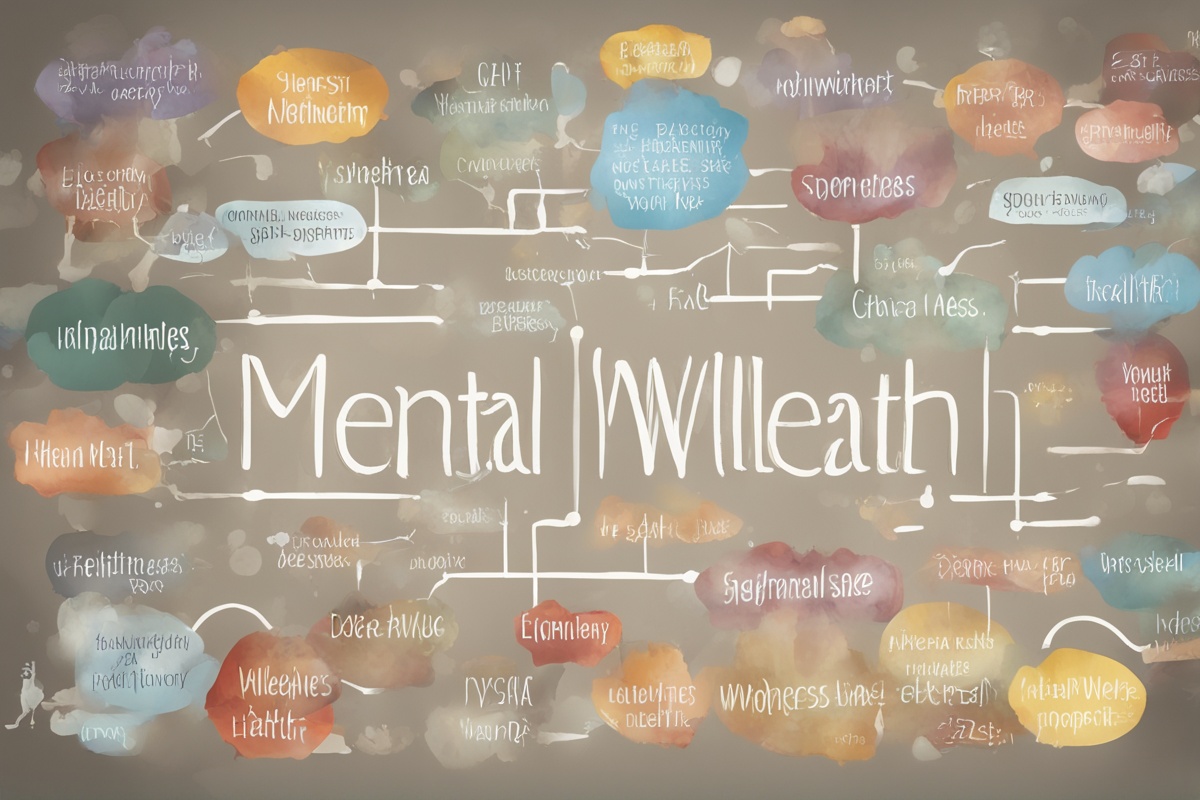Life can feel like a runaway train sometimes, can’t it? One minute, you’re juggling work deadlines, family responsibilities, and a never-ending to-do list; the next, you’re overwhelmed by a wave of stress that just won’t let up. If you’ve ever found yourself lying awake at night, mind racing with worries, you’re not alone. Stress is a universal struggle, but here’s the good news: there’s a powerful, accessible tool to help you regain control. I’m talking about learning to manage stress through meditation—a practice that’s transformed countless lives, including my own. Let me walk you through how meditation can become your anchor in the storm, with practical steps, real-life examples, and insights grounded in science and experience.
Why Stress Feels Like a Monster—and Why Meditation Works
Stress isn’t just a buzzword; it’s a physiological response wired into our DNA. When we’re stressed, our bodies release cortisol, the “fight or flight” hormone, which can be lifesaving in dangerous situations but toxic when it lingers. Chronic stress can lead to anxiety, insomnia, even heart issues—trust me, I’ve felt that tight chest and racing pulse during crunch times at work. Meditation, though, flips the script. It activates the parasympathetic nervous system, helping you shift into “rest and digest” mode. Studies, like those from Harvard Medical School, show that regular meditation can lower cortisol levels by up to 20% over weeks. Imagine that—less stress hormone coursing through you just by sitting still for a few minutes a day. It’s not magic; it’s science.
What Does It Mean to Manage Stress Through Meditation?
Let’s break this down. Managing stress through meditation isn’t about erasing problems—life will always throw curveballs. Instead, it’s about changing how you respond to them. Picture this: You’re stuck in traffic, late for a meeting, and your blood pressure’s through the roof. Without meditation, you might spiral into frustration. But with a mindfulness practice, you learn to notice your racing thoughts, take a deep breath, and let the tension ease. It’s like having a mental reset button. Personally, I started meditating during a particularly rough patch a few years back—work stress had me on edge 24/7. Just 10 minutes a day of focusing on my breath helped me stop reacting impulsively to every little trigger. It didn’t solve my workload, but it changed how I carried the weight.
Getting Started: Simple Meditation Techniques for Stress Relief
Don’t worry if you’re new to this—meditation isn’t reserved for monks or yoga gurus. You don’t need fancy equipment or hours of free time. Here are two beginner-friendly techniques to manage stress through meditation, ones I’ve used myself with great results:
- Breath Awareness: Sit somewhere quiet (even if it’s just your car during lunch break). Close your eyes, and focus on your breath—notice the inhale, the exhale. If your mind wanders (and it will), gently bring it back. Start with 5 minutes. I remember doing this in my office chair during a chaotic project deadline, and it was like hitting pause on the madness.
- Body Scan: Lie down or sit, and mentally scan your body from head to toe. Notice where you hold tension—maybe your jaw or shoulders—and consciously relax those areas. This helped me after long days when stress literally knotted up my back.
The key? Consistency over perfection. Even a few minutes daily can rewire how your brain handles stress.
The Science Behind Meditation’s Stress-Busting Power
If you’re skeptical, I get it—meditation can sound a bit “woo-woo” at first. But the research is rock-solid. A 2018 study published in the journal Frontiers in Immunology found that mindfulness meditation reduces inflammation linked to stress. Another meta-analysis from Johns Hopkins University showed it’s as effective as antidepressants for some people with anxiety. I’ve seen this play out in real life, too. A close friend of mine, always a ball of nerves, started a guided meditation app after a doctor’s nudge. Within a month, she was sleeping better and snapping less at little annoyances. It’s not a cure-all, but it’s a tool that works if you stick with it. Why not give your brain a break and see for yourself?
Overcoming Common Roadblocks to Meditation
Let’s be real: starting a meditation habit isn’t always smooth sailing. I’ve been there—sitting down to “relax” only to feel restless or silly. Here are some hurdles you might face and how to push past them:
- “I can’t stop thinking!” That’s normal. Meditation isn’t about emptying your mind; it’s about observing thoughts without judgment. When I started, my brain was a circus. Over time, I learned to let thoughts float by like clouds.
- “I don’t have time.” Even 2 minutes counts. Try it while waiting for coffee to brew. I’ve meditated in airport lines—anywhere works.
- “It feels awkward.” Start with guided meditations on apps like Calm or Headspace. Hearing a voice walk you through it made all the difference for me early on.
Don’t give up if it feels off at first. Like any skill, it takes practice to manage stress through meditation effectively.
Long-Term Benefits: Building Resilience Beyond the Moment
Here’s where meditation gets really exciting. It’s not just a quick fix for a bad day; it builds lasting resilience. Over months, I’ve noticed I’m less rattled by life’s chaos—whether it’s a work crisis or a family spat, I can step back and breathe before reacting. Research backs this up: a 2020 study in Psychosomatic Medicine found that long-term meditators have thicker prefrontal cortexes, the brain area tied to emotional regulation. Think of it as mental armor. A colleague of mine, who’s meditated for years, swears it’s why he stayed calm during a brutal layoff scare while others panicked. It won’t make stress disappear, but it’ll help you face it with a clearer head.
So, where do you start? Why not carve out 5 minutes today to try a simple breath focus? Stress doesn’t have to run the show, and meditation might just be the key to taking back the reins. I’ve shared my journey and the science that sold me on this practice, but your experience will be uniquely yours. Stick with it, be patient, and watch how it shifts the way you handle life’s ups and downs. You’ve got nothing to lose—except, maybe, a little of that stress weighing you down.
References
- Harvard Medical School – Stress Management and Breathing Exercises
- Frontiers in Immunology – Meditation and Inflammation Reduction
- Johns Hopkins University – Mindfulness for Anxiety
- Psychosomatic Medicine – Meditation and Brain Structure
- Mayo Clinic – Meditation: A Simple, Fast Way to Reduce Stress
Disclaimer: This article is for informational purposes only and is based on general research, personal experience, and insights from reputable sources. It is not intended to serve as a substitute for professional medical or psychological advice. Stress and mental health challenges are deeply personal, and what works for one person may not work for another. Always consult a qualified healthcare provider, therapist, or counselor for personalized guidance tailored to your specific needs and circumstances. If you’re experiencing severe stress or mental health issues, please seek immediate support from a professional or a trusted resource in your community.
This content is for informational purposes only and not a substitute for professional advice.


